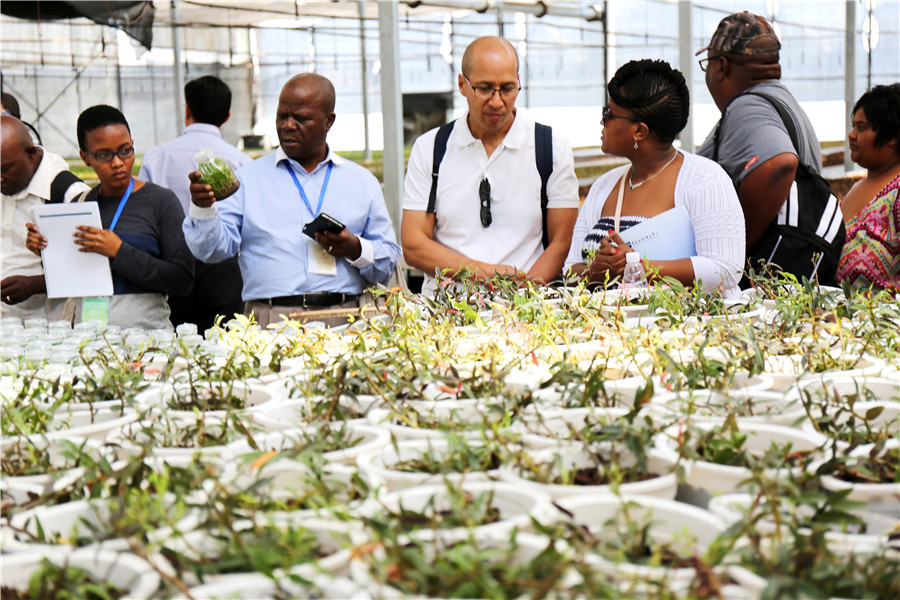Institutional guarantee for China's development goals
China unveiled a plan on March 13 to restructure the government with a cabinet reshuffle. The institutional reform plan of the State Council was submitted to the First Session of the 13th National People's Congress (NPC) for deliberations. The plan is aimed at improving the government's structure, efficiency and service orientation.
After merging, restructuring, and dissolving, there will be 26 ministries and commissions, including ministries for natural resources, veterans' affairs, and emergency management.
Compared with the current cabinet setup, the number of ministerial-level entities is reduced by eight and that of vice-ministerial-level entities by seven.
According to State Councilor Wang Yong, who introduced the plan at the NPC session on March13, the reform will strengthen the overall leadership of the Party, help modernize the system and capacity of State governance and improve governance efficiency.
Cabinet reform will focus on transforming the government's functions, removing bottlenecks that impede the market's decisive role in resource allocation and facilitating the pursuit of high-quality growth, he said.
Building a global community of shared future
Under the plan, an international development cooperation agency will be set up to perform duties such as drafting strategic guidelines, planning and foreign aid policies.
It will do overall planning and coordinating on major foreign aid issues, offer advice and advance the country's reforms in matters involving foreign aid. It also will draft foreign aid plans, identify major programs and supervise and evaluate implementation of such programs.
Liu Zhiqin, Senior Fellow of Chongyang Institute for Financial Studies at Renmin University, said that the agency provides organizational guarantee for China's vision for the world – "Building a Global Community of Shared Future”.
"China is promoting the Belt and Road Initiative which requires broad connectivity with the rest of the world and exchanges in finance, technology and talents as well as culture,”Mr. Liu said, adding that he thinks the agency will better serve the country's overall diplomatic layout and the efforts to jointly build the Belt and Road.”
The agency will take over the foreign assistance duties of the ministries of commerce and foreign affairs.
Li Xiaoyun, a professor in rural development from China Agricultural University, said China’s foreign aid reform plays a key role in the country's diplomacy as a major country.
Mr. Li said, "The China-proposed vision – Building a Global Community with Shared Future is the main goal for the country to provide public goods for the world. The Belt and Road Initiative is a plan to reach that goal. I think China should provide more public goods that cater to global development needs, including those in food security, health, environmental protection and climate change. China should also build the capacity to offer knowledge public goods to the world."
